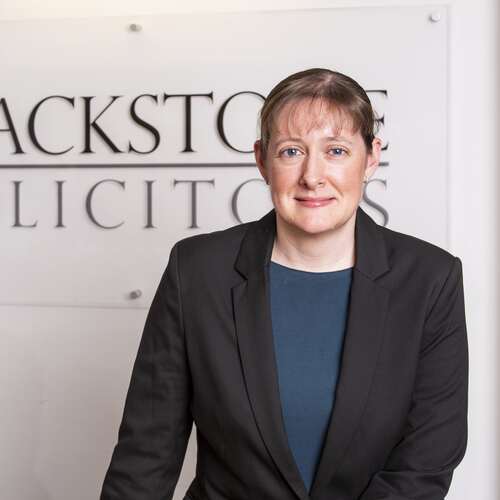Why Choose Us?
Licences For Alterations
A licence for alterations is a documented authorization from the landlord allowing the tenant to make changes to the premises they occupy. While any kind of written authorization should suffice, it is in everyone’s best interest to formalise the agreement through a licence for alterations deed.
Dealing with a licence for alteration can not only be stressful, but highly disruptive. Whether you are an individual, entrepreneur, company or partnership, the process of drafting a licence can be complex and time consuming. This is why it is important you are able to speak to legal experts who can provide all the guidance you need to emerge from a negotiation with the result you are after.
The team at Blackstone is highly experienced in dealing with all forms of contract law and we always work very closely with our clients to ensure we fully understand the issues faced by them or their business. By working together, we can ensure we devise a pragmatic solution that meets your commercial objectives.
Discuss your situation with the team today by calling us on 0345 901 0445. Alternatively, allow us to get in contact with you by filling in the online enquiry form on this page.
![]()
“Excellent service provided by Ashona and Niyusha. Efficient, professional and easily contactable. I would definitely use this service again.”
– Sarah Fulton 
Our Services
We have helped both Landlords and Tenants in all aspects of their commercial lease. Our services include:
Services for Landlords
- Renewing an existing lease
- Advising on rent reviews
- Licences for Alterations
- Negotiating and granting a lease
- Agreements for Lease
- Rent Deposit Deeds
- Deeds of Variation
- Licences to Assign
Services for Tenants
- Negotiating a new lease
- Renewing an existing lease
- Assigning an existing lease
- Negotiating heads of terms
- Negotiating and agreeing Licences for Alteration
- Negotiating and agreeing Rent Deposit Deeds
- Negotiating and agreeing Agreements for Lease
For efficient commercial lease advice, contact Blackstone solicitors on 0345 901 0445.
Why is it necessary to obtain a licence for alterations?
Modern lengthy leases frequently stipulate that the landlord is responsible for the structural care of the facilities, with the tenant paying only for non-structural aspects such as plastering and floor coverings. This is not always the case, but in both cases, prior to making any changes, the landlord’s consent is normally required.
The lease terms are critical in determining what modifications are permissible without the landlord’s agreement. Frequently, any and all structural improvements require the landlord’s consent. External modifications, extensions, or alterations to utilities such as gas and electric are typically prohibited as well. Non-structural improvements are frequently authorised with the landlord’s prior approval, and the lease should indicate that the landlord’s consent should not be denied unreasonably.
Lease terms and formats will vary, and tenants should exercise caution to ensure that all modifications adhere to the lease’s provisions.
We can help you today
At Blackstone, we pride ourselves on our tenacious approach to getting the results our clients are after. If you are involved in a lease negotiation of any kind, get in touch and find out more about how our expert team can guide you through the process and achieve the best result possible.
We appreciate that licences for alteration can be a cause of real stress and strain. However, we can help make the process as hassle free as possible thanks to our professionalism and determination to sort out your issue as quickly as we can.
Get in contact
For more information and to discover more about how we can assist you with your licence for alteration, do not hesitate to get in touch. Simply give us a call on 0345 901 0445 and we can run through your situation, or if it is easier for you, fill in our online enquiry form and a member of our team will give you a call back as soon as they can.
We take on clients from throughout the UK, and regularly help those based in Manchester, London, Chester and Cheshire.















